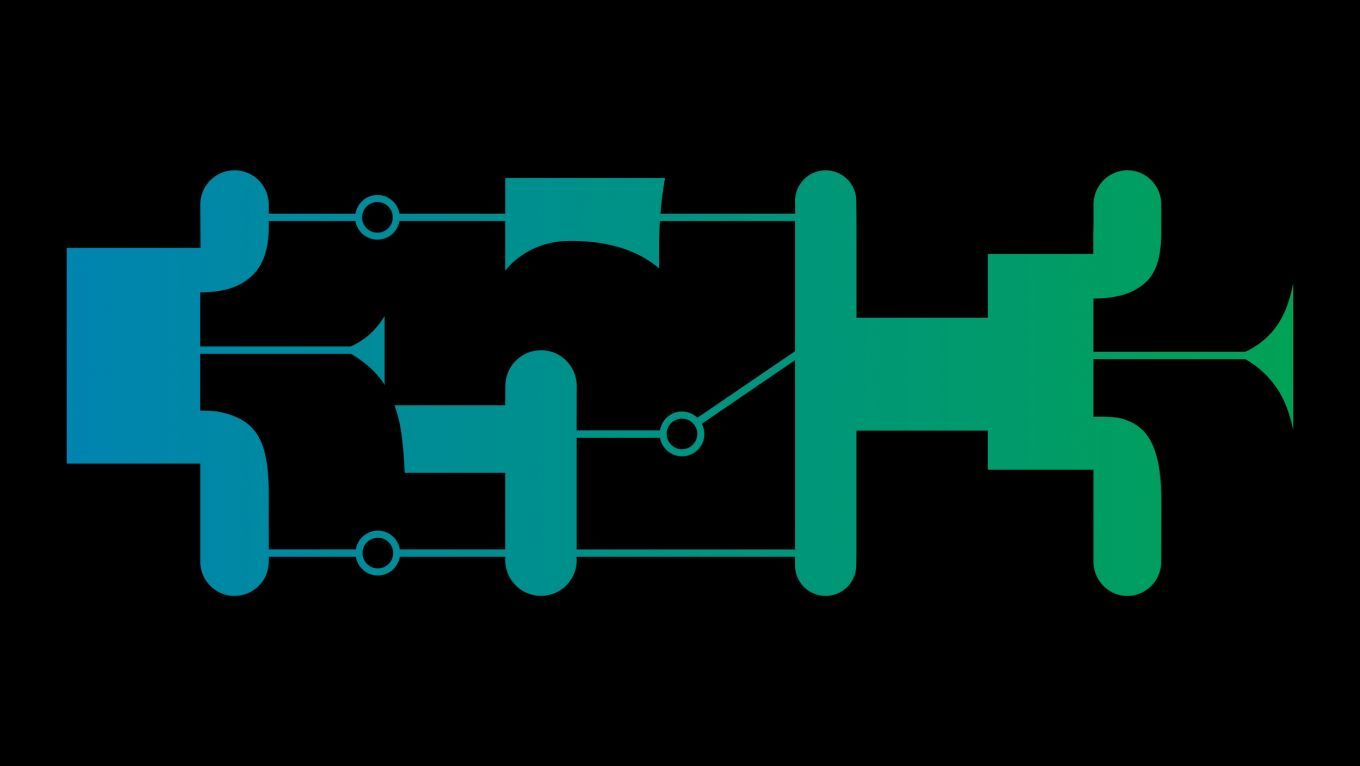Ethics, Society & Politics
"The" Social Credit System
Why It's Both Better and Worse Than We can Imagine
The Chinese Social Credit System (SCS) has been discussed a lot in Western media. However, we do not know currently how the system that is supposed to take nationwide effect by 2020 will look like, as there are more than 70 pilot projects currently undertaken. These pilots rank from commercial royalty and rewards programs (Sesame Credit) to an Orwellian system, where each action has a predetermined associated score (Rongcheng). In-between, there’s nebulous algorithmic systems that basically act as a Black Box (Honesty Shanghai). This talk, therefore, looks at some of these pilots and their implementation details, and through an agent-based modeling framework, discusses the likely effects of different implementations. In doing so, it shows that most of the systems currently being tested are prone to manipulation by leaders from all levels of government, and that the ostensible goal of allocating scarce resources more efficiently is unlikely to be served by the new system(s).
The author, Antonia Hmaidi, is a PhD candidate in East Asian Economics with a focus on China. She presented a talk on the impact of internet censorship at the 33C3. This talk’s goal is to provide those interested with a technically-grounded understanding of “the” Chinese social credit system and its possible impact on Chinese society and economy. In doing so, it seeks to provide a more nuanced picture than is usually presented in either Chinese or Western media. Working on data science and machine learning in her free time allows the author to better understand the algorithms comprising “the” social credit system.
Weitere Infos
| Format | lecture |
|---|---|
| Sprache | Englisch |
Weitere Sessions
| 27.12.18 |
Restricting access to knowledge and science is not beneficial for society. So why are scientific results still locked up behind paywalls? Even though the answer to this question is enlightening, the story is quickly told. Much more important is the knowledge on how to change this.
|
| 27.12.18 |
The combination of the ongoing technological revolution, globalisation and what are usually called 'neo-liberal' economic policies has generated a global system of rentier capitalism in which property rights have supplanted free market principles and in which a new global class structure has taken shape. The 20th century income distribution system has broken down irretrievably, and a new mass class, the precariat has been growing dramatically fast in every part of the world. What are the deeper ...
|
| 27.12.18 |
Die AfD-Bundestagsfraktion wird in der Öffentlichkeit vor allem mit ihren rassistischen Positionen wahrgenommen – mit ihren netzpolitischen Aktivitäten bleibt sie zumeist unter dem Radar. Dieser Talk zeigt, wie die AfD-Fraktion die Netzpolitik dennoch als vermeintlich neutrales Thema nutzt, um für ihre rechtsextreme Partei eine parlamentarische und gesellschaftliche Normalisierung herzustellen.
|
| 27.12.18 |
Recent attacks against elections in the U.S. and Europe demonstrate that nation-state attackers are becoming more aggressive, even as campaigning and voting are becoming increasingly reliant on computers. How much has changed since 2016, when the U.S. experienced unprecedented attacks on its election infrastructure? What has to happen to ensure that the 2020 presidential election is secure? In this talk, I'll give a progress report on election security in the U.S. and around the world, informed ...
|
| 27.12.18 |
Die EU-Grenzagentur Frontex nimmt eine Reihe neuer Überwachungsmethoden im Mittelmeer in Betrieb. Die Fähigkeiten zur Beobachtung des sogenannten Grenzvorbereichs gehören zum Grenzüberwachungssystem EUROSUR, das die Europäische Union vor fünf Jahren gestartet hat.
|
| 27.12.18 |
Der Datenschutz ist als erst relativ frisch erkämpftes Abwehrrecht von Bürgern gegen Firmen und Staat ein wichtiges, aber häufig missverstandenes Rechtsgebiet. Zuletzt ist es durch die Grundverordnung auf europäischer Ebene in den Blick der Netzöffentlichkeit geraten. Dieser Vortrag soll einen niedrigschwelligen Einstieg in den Datenschutz geben und aus Perspektive einer Datenschützerin mit zehnjähriger Erfahrung im Gebiet die aufregenden Aspekte und Herausforderungen aufzeigen, dem ...
|
| 27.12.18 |
Als Organisation für Menschenrechtsbeobachtungen geben wir Euch einen Überblick der aktuellen Entwicklungen an der EU-Außengrenze auf dem Mittelmeer.
|

